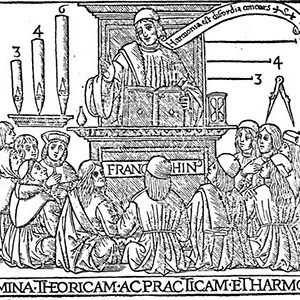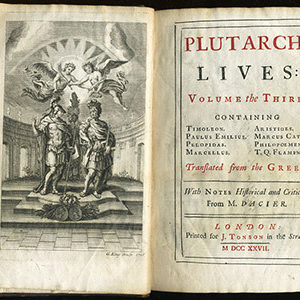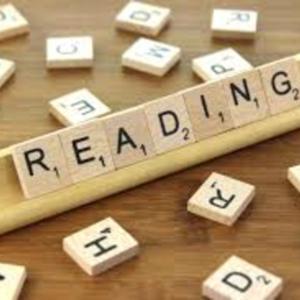
Harmonia est discordia concors: A Paean to Choral Singing
According to the ancient Greeks, harmony is discord rendered concordant, a concept that applied not just to music but everything from the order of the cosmos to human relationships. I have always loved this idea for two reasons: it was predicated not on the absence or erasure of difference, but the reconciliation of it; and … Continued








